
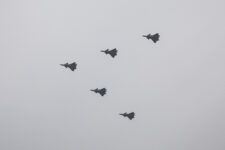
Opportunities for the US and Chinese air forces to interface have “dried up” in recent years. That “should cause us a little bit of concern,” the Air Force’s director of staff said Friday.
By Valerie Insinna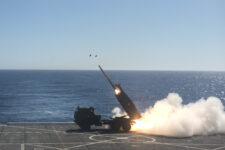
The National Defense Strategy does a service by getting the diagnosis right. But that is only the first step. To get the right prescription—the defense program—we will have to develop the operational concepts that link the ends sought with the means we can procure to achieve them.
By Andrew Krepinevich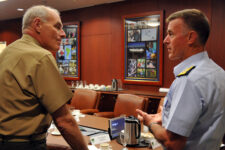
With the election of Donald Trump as the next President of the United States and with Trump’s nomination of Gen. John Kelly for Secretary of Homeland Security, life is going to change for the US Coast Guard. Trump’s campaign focused intently on border security, asking a fundamental question: Why do we send thousands of troops…
By Robbin Laird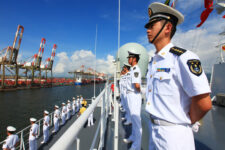
That China is a growing threat — even an “enemy” — is one thing incoming president Donald Trump and the Washington national security establishment agree on. But just how dangerous is China’s increasing military strength and international assertiveness? What painful historical experiences drive Chinese thinking in ways a Westerner might not understand? And what’s the…
By Sydney J. Freedberg Jr.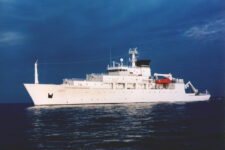
UPDATE: China agrees to return drone WASHINGTON: The same day the US Navy made its case for a much larger fleet of 355 ships, the Chinese navy seized an American underwater drone 50 nautical miles off the Philippines. Just two days earlier, the independent Asia Maritime Transparency Initiative reported China had fortified the artificial islands it…
By Sydney J. Freedberg Jr.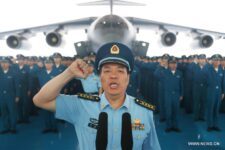
WASHINGTON: If you want to grow uneasy about the world, read the US-China Commission’s annual report to Congress. China, while it continues to enjoy robust economic growth, faces a major strategic challenge. Strategically, the biggest threat facing China right now — and the rest of the world given how integrated China is to the global economy…
By Colin Clark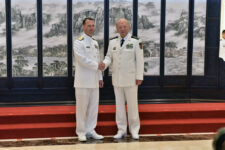
WASHINGTON: Despite rising tensions in the South China Sea, the US Navy’s top admiral says his Chinese counterparts “by and large” behave professionally, not provocatively, when the two nations meet at sea. And precisely because of those tensions, Adm. John Richardson said, it’s all the more important to emphasize cooperating with China, not confronting it.…
By Sydney J. Freedberg Jr.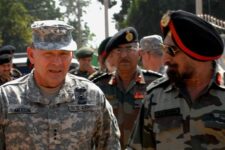
WASHINGTON: Forget Gandhi and satyagraha. India needs to be more strategically assertive and take China on, a longtime national security advisor to New Delhi said today. And if the US doesn’t like it, then “screw you.” But Washington should like a more aggressive India, said the American-educated Bharat Karnad, because it’s the only thing that can…
By Sydney J. Freedberg Jr.
WASHINGTON: Are we giving Beijing mixed messages? On the one hand, the US Navy is getting ready — maybe — to challenge Chinese claims around their artificial islets in the South China Sea. On the other hand, the Navy’s also preparing to welcome three Chinese warships at Naval Station Mayport in Florida two weeks from…
By Sydney J. Freedberg Jr.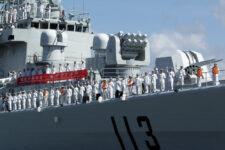
https://youtu.be/1Z8_KRMdbbs WASHINGTON: In an intriguing and potentially significant declaration, the Chinese military declares: “Regardless of what corner of the earth, so long as it is blue there we will be on guard.” The declaration comes in an impressive recruiting video for the Peoples Liberation Army Navy (PLAN). “It’s beautifully done; really tugs at the heartstrings,” says Dean Cheng,…
By Colin Clark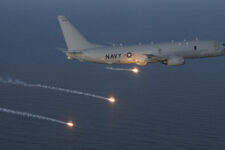
UPDATE: Exclusive McCain Comment; Senate Staffer Chides White House For Inaction WASHINGTON: In a dramatic example of the increasing friction in the Spratly Islands between China, the United States and most of China’s neighbors, the US Navy today released a video of a P-8 surveillance plane crew as the PLA Navy challenges it while the plane…
By Colin Clark

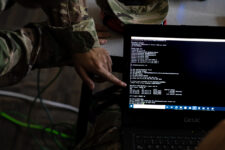
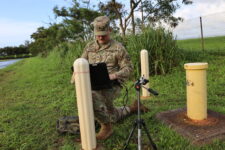

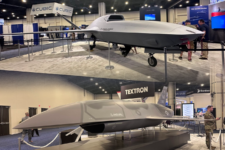


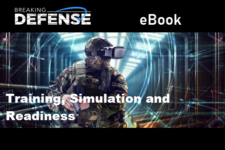
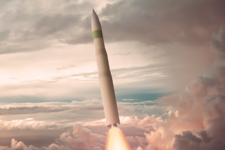
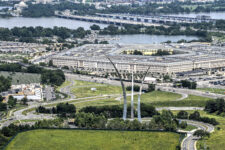
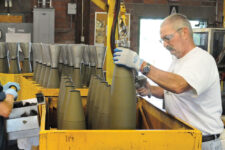
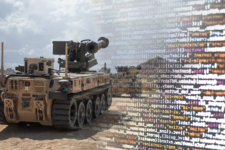
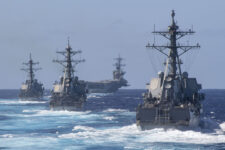
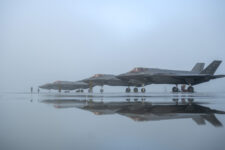


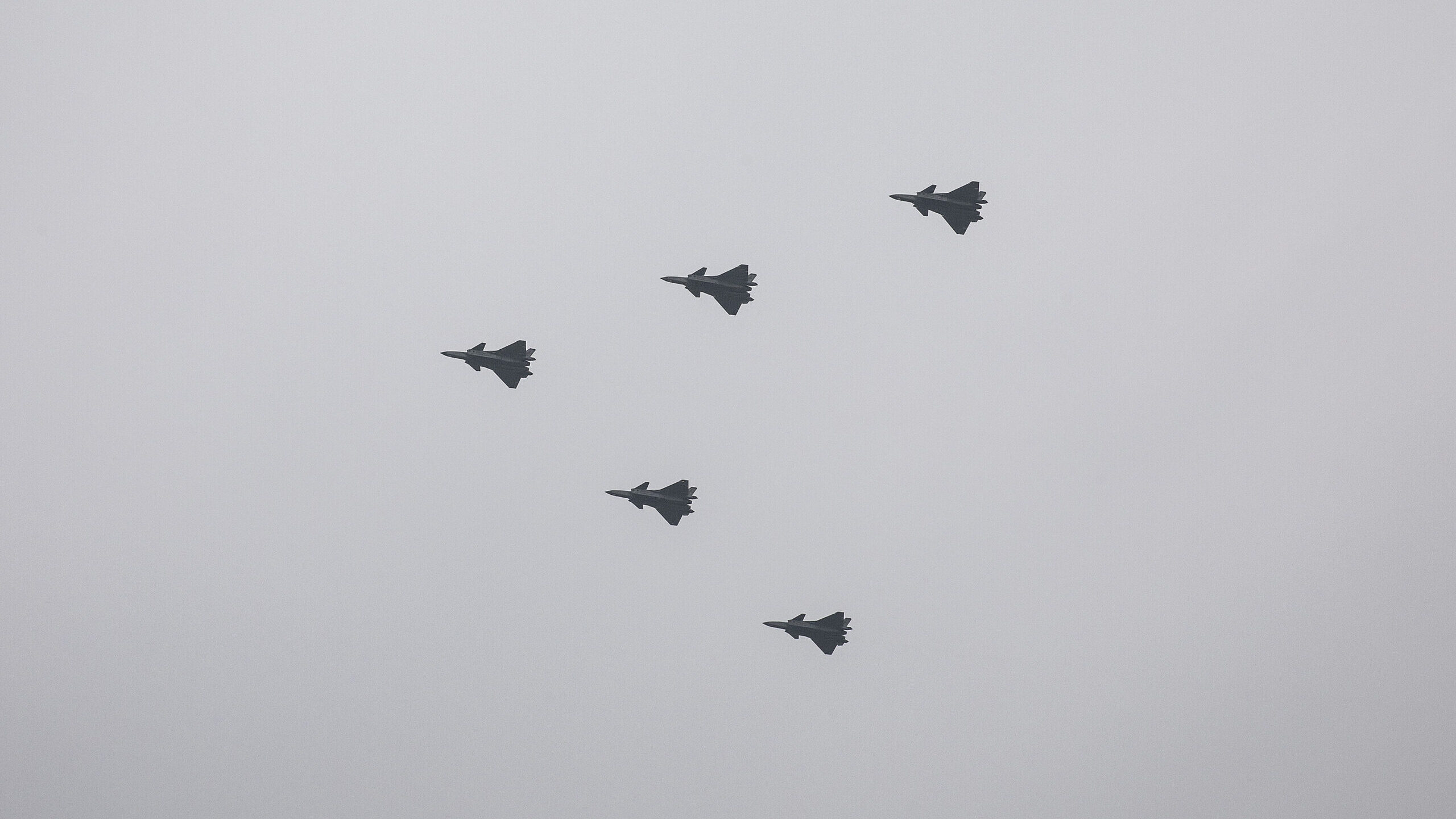

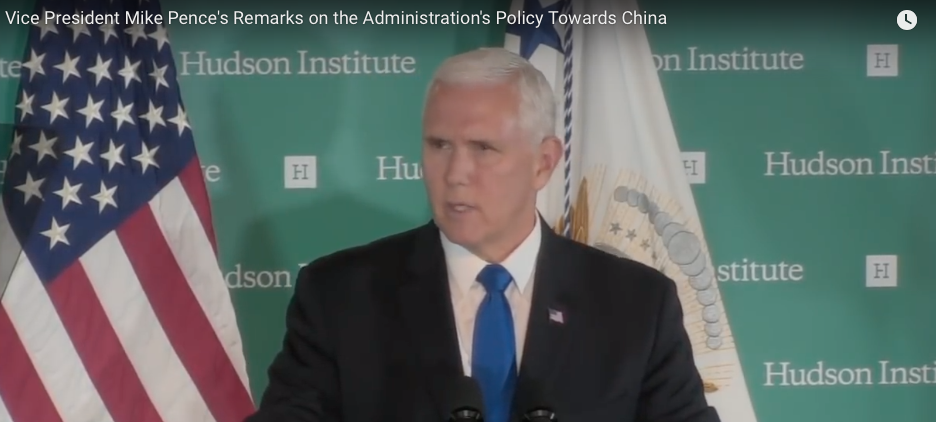
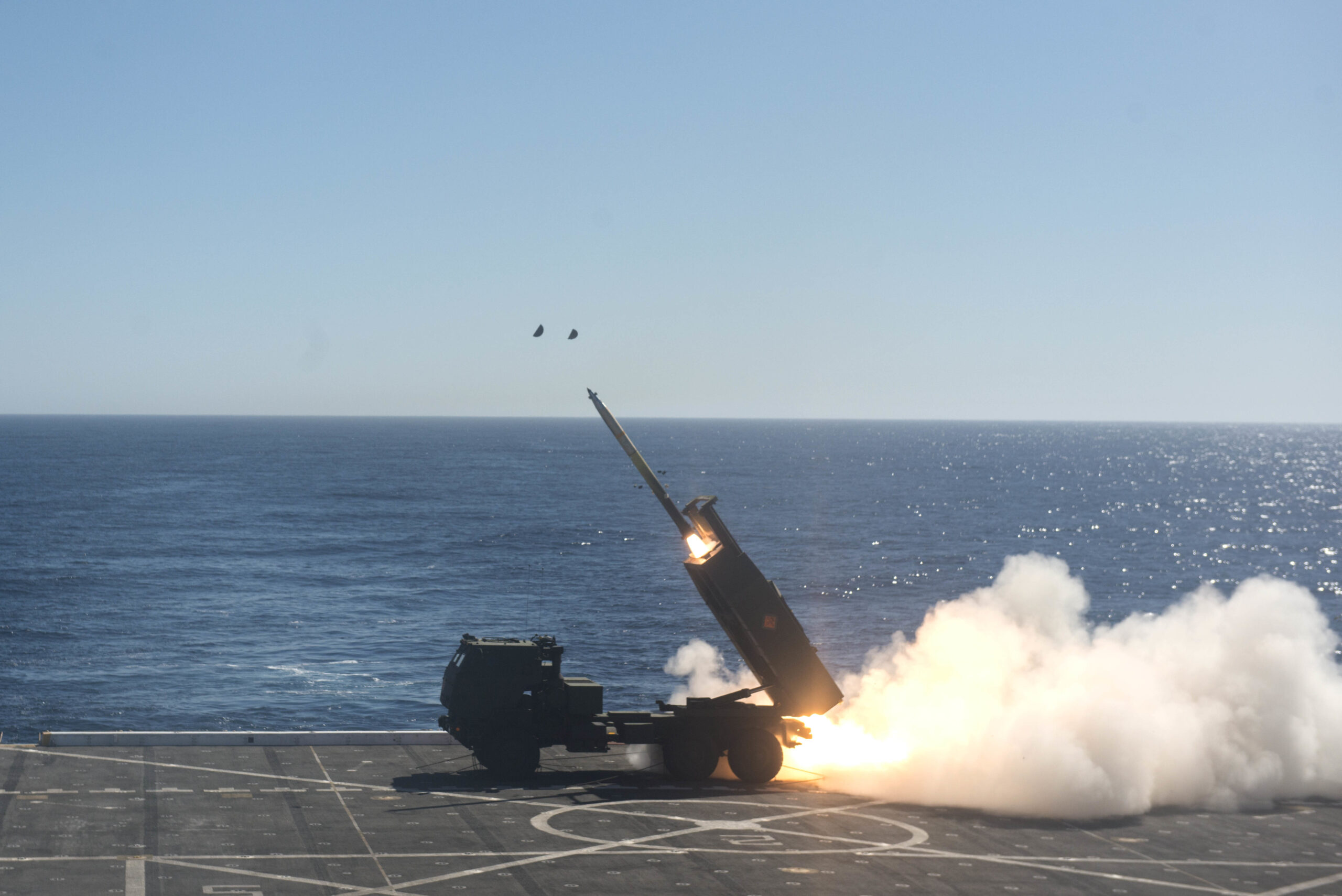
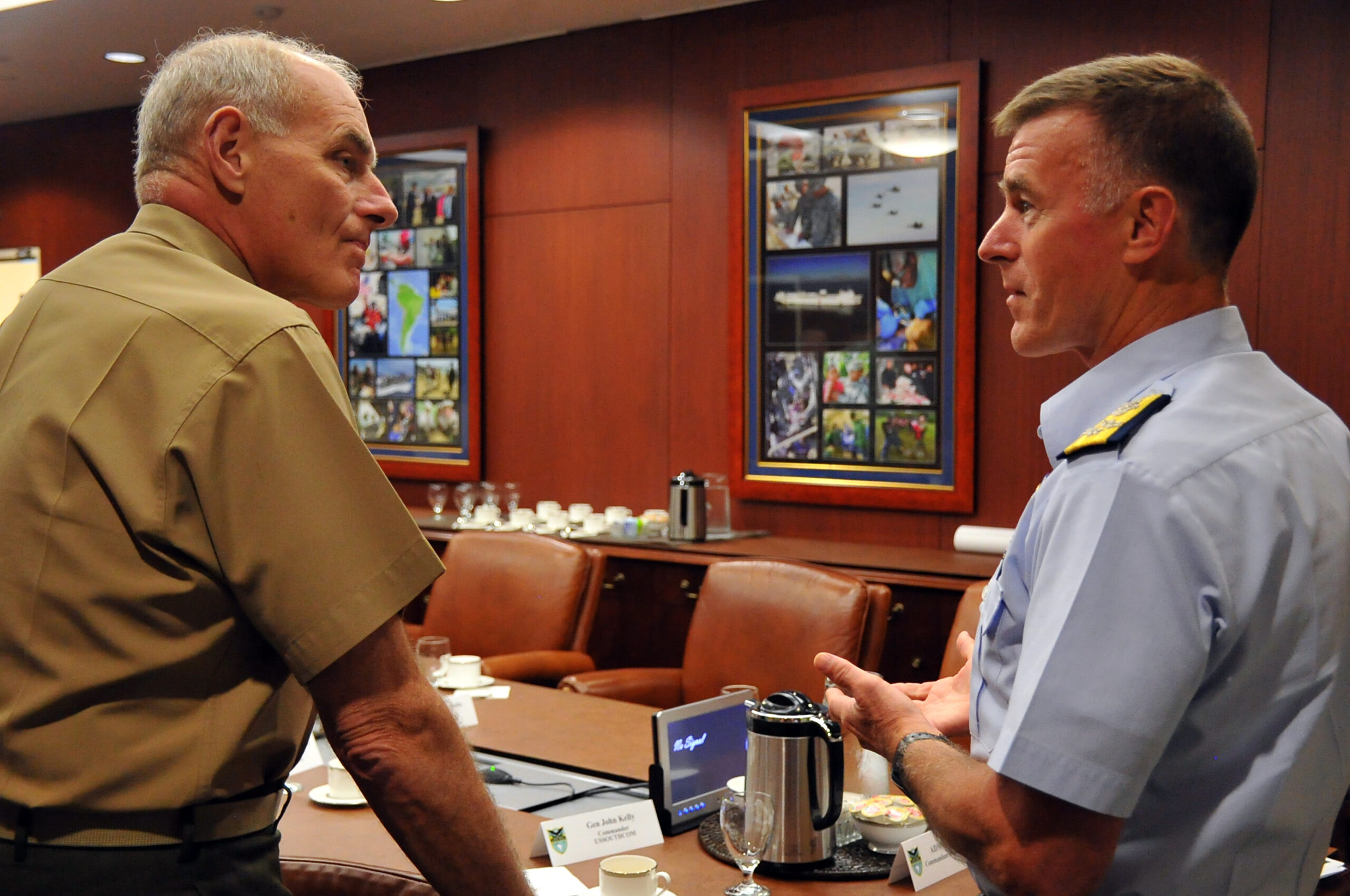
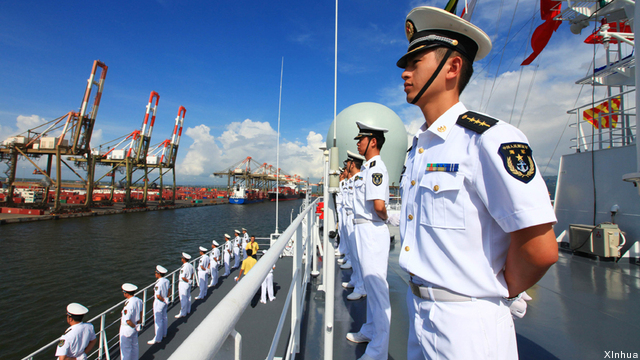
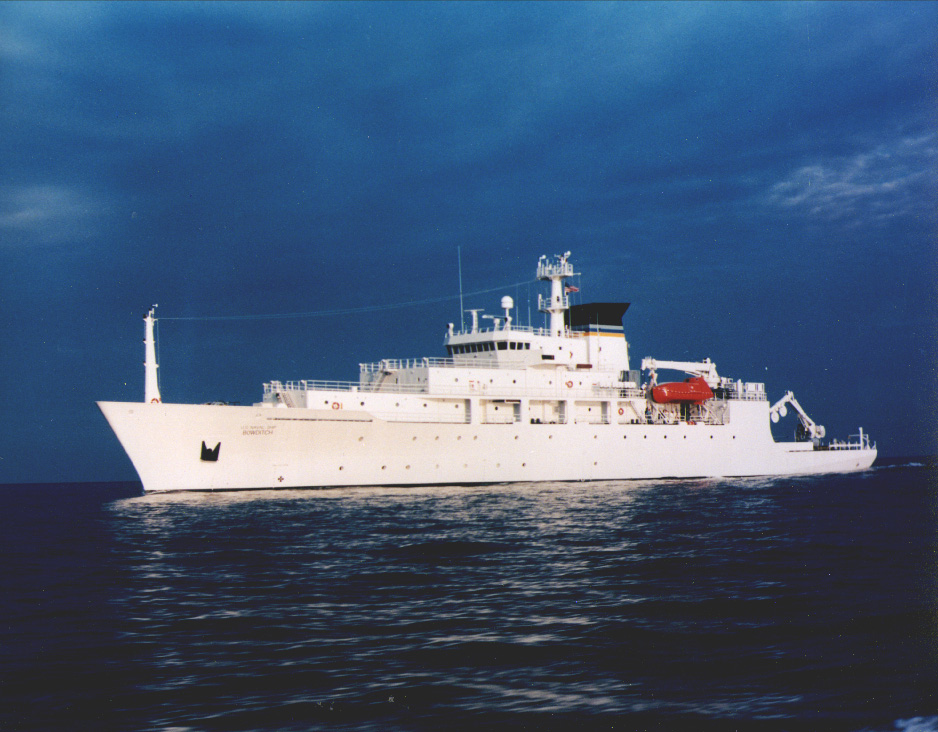
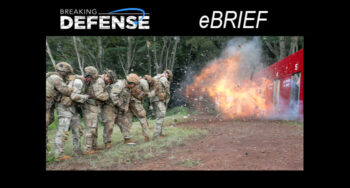
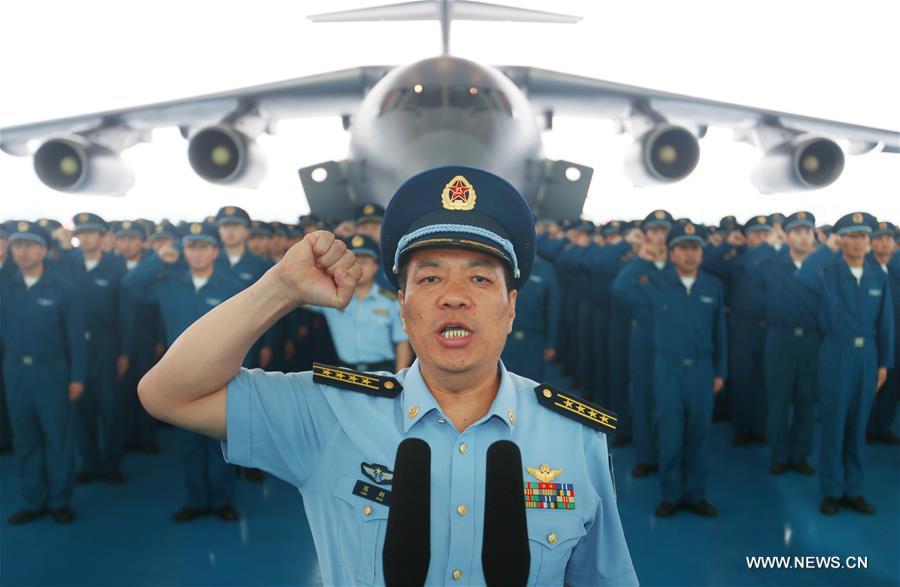

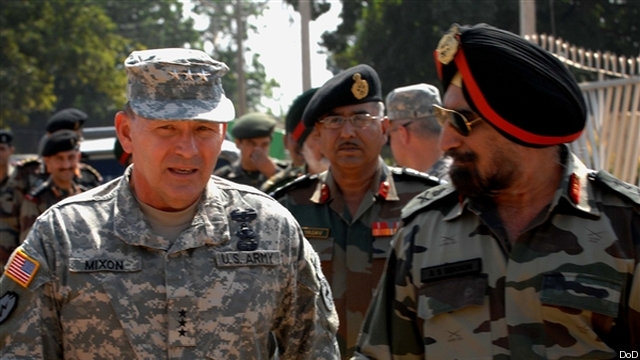
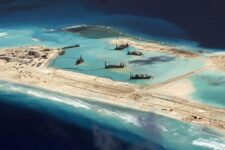
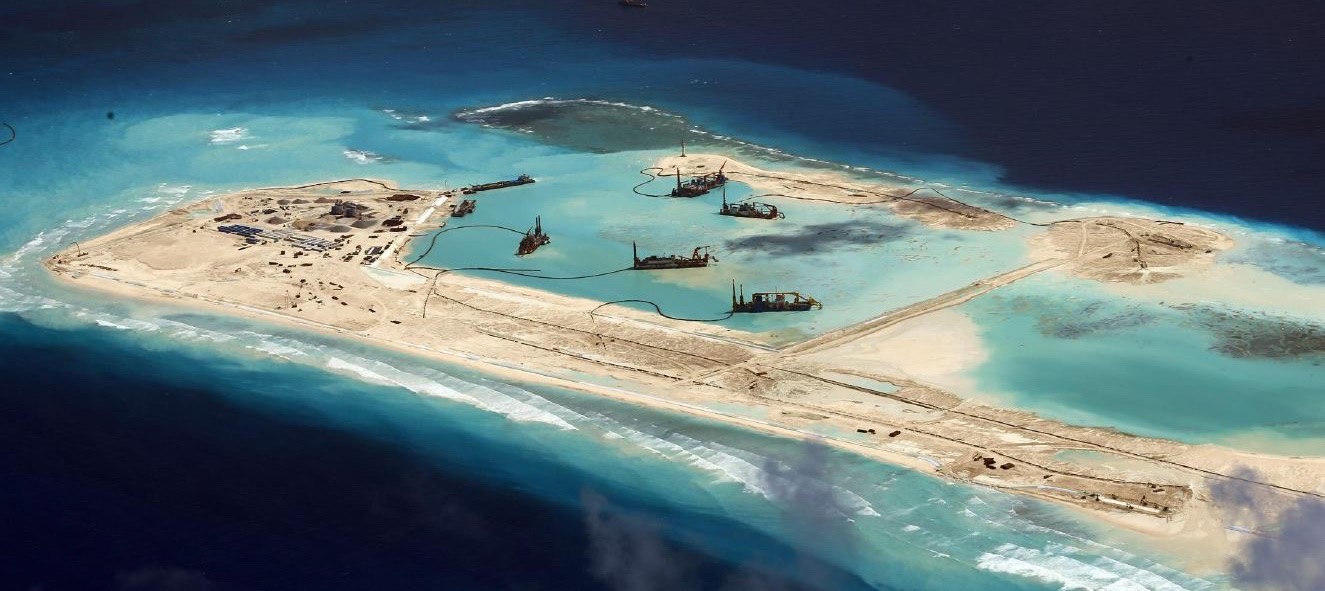

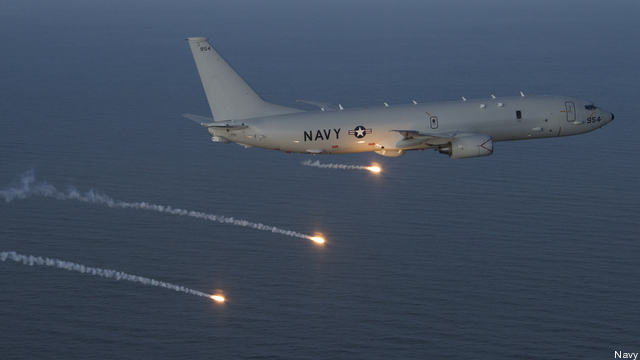

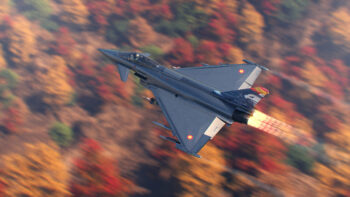



The combination of a modern long-range bomber (the H-20), and an expanded seaborne ballistic missile force, as well as this massive inflation of the land-based ICBM component, makes China’s nuclear forces look far more like their “hegemonic” counterparts in Russia and the United States than the minimal or limited deterrent presented by French or British nuclear forces.
By Dean Cheng